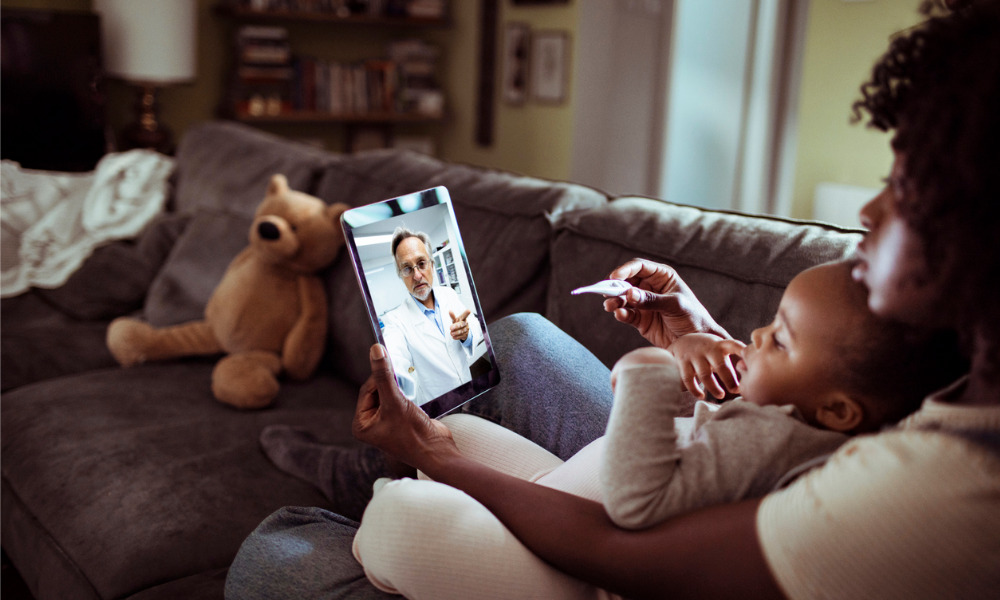Telehealth or telemedicine is proving very popular, but do we really know how effective it is?

Have you seen a doctor since the pandemic started and lockdowns began?
I went once, back in the summer, after an initial consultation with my doctor over the phone. It meant venturing back downtown on my bike through much quieter streets and an almost-empty underground path to reach his office.
But I’m glad I went because I wanted a proper consultation instead of just a phone call. I needed the in-person element to feel reassured that I was properly assessed and would get the best treatment.
So when I see reports like the one from C.D. Howe Institute – Canada’s Virtual Care Revolution: A Framework for Success -- arguing that the pandemic “presents the opportunity to embrace a more patient-centric and cost-effective healthcare system,” I have some trepidation.
The authors contend that the COVID-19 pandemic “has spurred a healthcare revolution in Canada, forcing a massive shift away from in-person interactions towards virtual care, with over 70 percent of ambulatory care across the country during June 2020 represented by virtual care.”
They say that virtual care “would lead to a massive shift away from physical interactions, towards an almost equal ratio of physical to virtual interactions. This would greatly reduce infection risk, but also has the potential to reduce healthcare costs, increase patient convenience and create health system capacity.”
While I’m sure they know what they’re talking about when they cite the potential for reduced infections, increased convenience and lower costs, I still have to wonder about the quality of care. Do we know exactly how many people are being misdiagnosed because of virtual care? How many physicians missed out on other issues that they might have seen in person? How many people put off doing a phone call with their physician because they preferred to see them in person, and therefore risked their own health?
Don’t get me wrong, I appreciate the convenience – and so do a lot of other Canadians.
While I’ve always been able to see my doctor within a couple of days, to have him call me back within a couple of hours – without the hassle of trekking down to his office and exposing myself to potential health risks – is much appreciated.
I also know that any good doctor would request an in-person visit for more serious health issues, it not recommending an emergency room visit. However, minor ailments or symptoms that suggest more serious issues may not be apparent through a phone or video call.
It’s not just patients like me. A survey of 4,855 U.S. physicians in September found close to 60 per cent of them had concerns about the quality of care they could provide remotely, according to Decision Resources Groups.
I also get the sense my doctor is less keen to venture into his office like he did before, now that he’s working from home. These days he goes in once a week, so if that day is already filled with appointments, he’s more likely to take a phone call than wait another week to see me.
For employers, virtual care is a huge plus. Getting employees quicker access to healthcare means less time away from work and a healthier overall workforce. And employees definitely appreciate when their employer offers this extra perk.
I just think we should hold off on any major changes for a couple of years to truly see the effects of this “healthcare revolution” to ensure people are still getting the quality of care they need.




